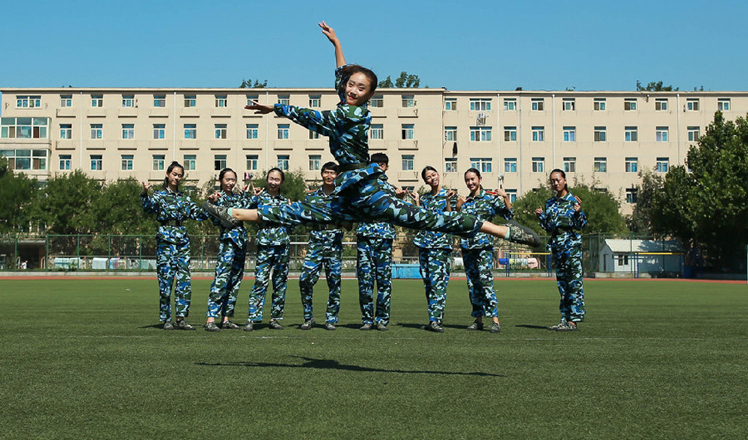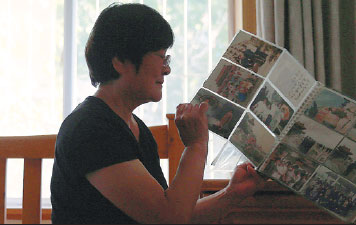Suicides reveal rural seniors' desperation
Updated: 2016-09-08 06:59
By Tang Yue(China Daily)
|
||||||||
|
A retiree surnamed Liu, who thought of killing herself after a divorce, looks at her families' photos. Zou Hong/China Daily |
Li Xianyun, deputy director of the Beijing Suicide Research and Prevention Center, attributed the phenomenon to multiple factors such as deteriorating health, loneliness and low self-worth.
According to Mu Guangzong, a demographics professor at Peking University, seniors in China are particularly vulnerable due to the former one-child policy, which led to families with fewer children, and the limited scope of social services that cannot keep pace with a rapidly aging society.
Statistics published by the National Health and Family Planning Commission in 2015 showed that half of China's senior population, or more than 100 million people age 60 or older, were classified as "empty nesters" as their children had left home.
"The whole of society largely ignores the elderly. Textbooks have 200 to 300 pages on child psychology and only two or three pages when it comes to the elderly," said Lin Xue, who majored in psychology and is now a psychological consultant with the Beijing-based "Love Elderly Hotline".
The service was launched a decade ago after its founder, Xu Kun, prevented a desperate widower from committing suicide and realized the scale of the problem.
"For those who lose their partners, the first 18 months are pretty dangerous and for those who lose their only child, they need attention and care for their entire life," she said.
In addition to the hotline service, which the government funds, Xu also organizes meetings and outings for those who have lost loved ones, sponsored by US multinational Johnson and Johnson.
"We escape the festivals together. Those times when families would usually be gathering are always the hardest time for them. Instead of indulging in sadness, why not go on a trip?" she said.
The urban-rural gap
The significant difference in suicide rates between seniors living in urban and rural areas is a uniquely Chinese problem, according to Li from the Beijing Suicide Research and Prevention Center.
She attributes it to the differences in living standards, and medical and social services that exist in China's countryside versus its cities.
- British parliament to debate second Brexit referendum petition
- Chinese women find their way through the glass ceiling
- Rousseff leaves presidential residence in salutation
- Thousands of Chinese rally in Paris to call for 'security for all'
- Xi tells Park China opposes deployment of THAAD in ROK
- Singapore confirms 27 new cases of Zika infection

 Unforgettable moments of Premier Li at ASEAN meeting
Unforgettable moments of Premier Li at ASEAN meeting
 Six policy signals China sent at G20 Summit
Six policy signals China sent at G20 Summit
 'First Lady table ware' a hit in Hangzhou
'First Lady table ware' a hit in Hangzhou
 Paralympics opens in Rio
Paralympics opens in Rio
 Street-straddling bus continues tests
Street-straddling bus continues tests
 British man falls for ancient Jiangxi village, buys property
British man falls for ancient Jiangxi village, buys property
 Post-90s property beauty's daily life
Post-90s property beauty's daily life
 Freshmen show dance skills during military training
Freshmen show dance skills during military training
Most Viewed
Editor's Picks

|

|

|

|

|

|
Today's Top News
Trump outlines anti-terror plan, proposing extreme vetting for immigrants
Phelps puts spotlight on cupping
US launches airstrikes against IS targets in Libya's Sirte
Ministry slams US-Korean THAAD deployment
Two police officers shot at protest in Dallas
Abe's blame game reveals his policies failing to get results
Ending wildlife trafficking must be policy priority in Asia
Effects of supply-side reform take time to be seen
US Weekly

|

|








